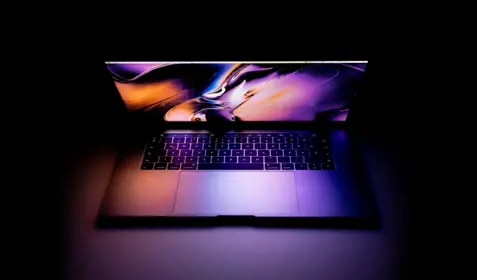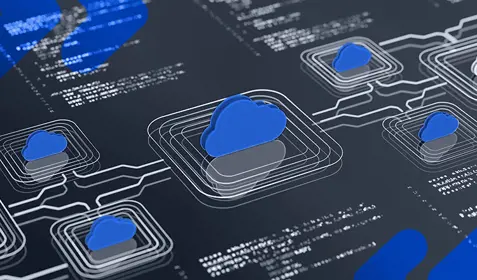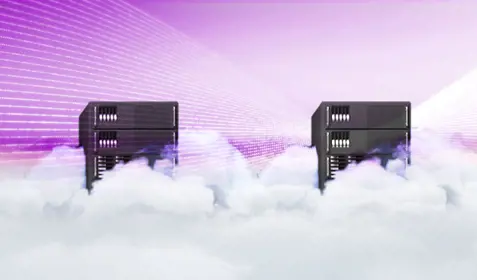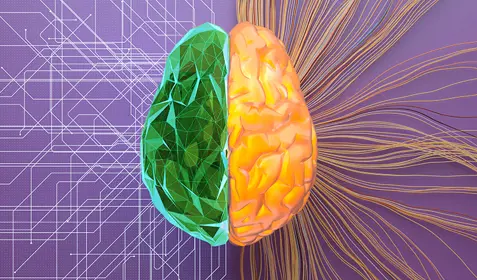If you own a computer that seems to have slowed to a crawl, you may be thinking about replacing it. But what about all the files on your old dinosaur? You may be thinking about transferring them to an external hard drive, a time-consuming and tedious process, or you may have heard of the far simpler process known as “cloning.”
Cloning is the act of creating a direct, one-to-one copy of a hard drive. Like the term suggests, cloning a computer will leave you with an identical copy of all the particular apps, files and settings on the device, which a user can then install onto a new one or keep as a backup in case something disastrous happens to the original.
Cloning is a pretty simple procedure and there are a lot of free tools to help you do it. But one problem it won’t help you solve is data bloat. Bloat is unwanted data that slows down a computer. This unwanted data can come in all types of different forms. It could be music, photos, games and apps, spreadsheets or text documents. One specific type of bloat, known as “software bloat,” occurs from successive updates to a computer program as they’re layered over one another time after time.
Generally, bloat is the result of the steady accumulation of more and more data as it’s added to your computer. Bloat eats away at the available memory on your hard drive and can lead to performance issues, most notably, slowing it down. If you’re experiencing frequent crashes, it may also be a problem with a corrupted file trying to execute.
You can’t clone the bloat away
Here’s where the problem with cloning comes in. Since a slow computer is a common reason for getting a new one, and cloning simply replicates all the data already stored on a device, it may not be the best strategy for getting existing files from an older computer onto a new one. Given that you’ve also probably updated your hardware, it won’t slam the breaks on your processing speeds immediately, but it’s an added burden right out of the gate.
An alternative strategy is to back up your old device to the cloud and migrating files to the new one as needed. When done this way, all the old and unnecessary files you don’t think to update yourself aren’t taking up space on your shiny new laptop. When automatic cloud backup is installed, all the latest files from the initial computer exist online, ready to be pulled down to your device whenever a local copy is needed.
Transferring data piecemeal can also help identify anything problematic that’s causing a device to crash. Once isolated, it can be easier to uninstall or delete.
By storing the majority of your files in the cloud, you ensure free space remains on your hard drive log into the future. It’s less taxing on your device, and you’ll notice better performance as a result. There are also organizational benefits to having old files stored in one convenient location. If you’re combing for tax documents from previous years, for instance, you know where to grab them from your old drive. Without having to having to watch an old laptop inch along.
So, when it comes time to replace an old computer, think twice about cloning. Choosing cloud backup from Carbonite could help extend the life and improve the performance of that new device.









